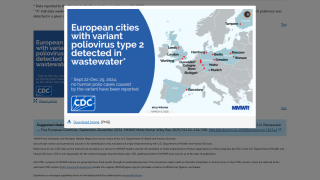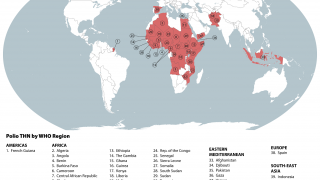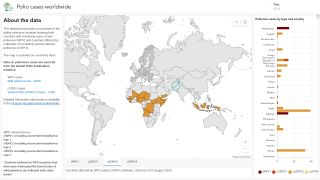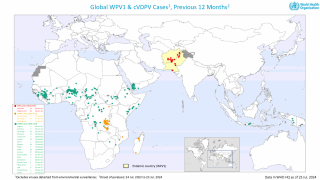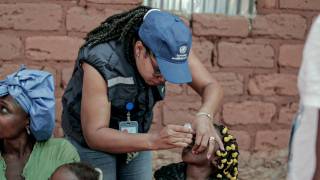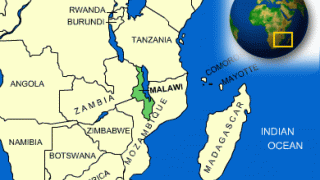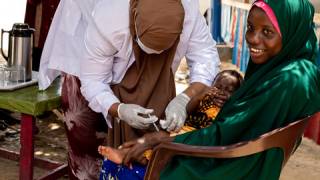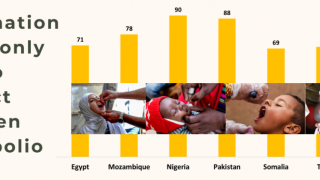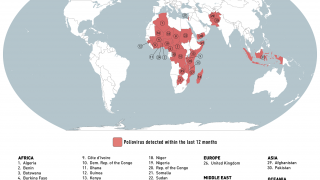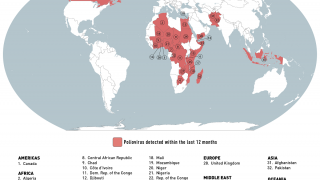National Vaccination Day 2024 Launches Today
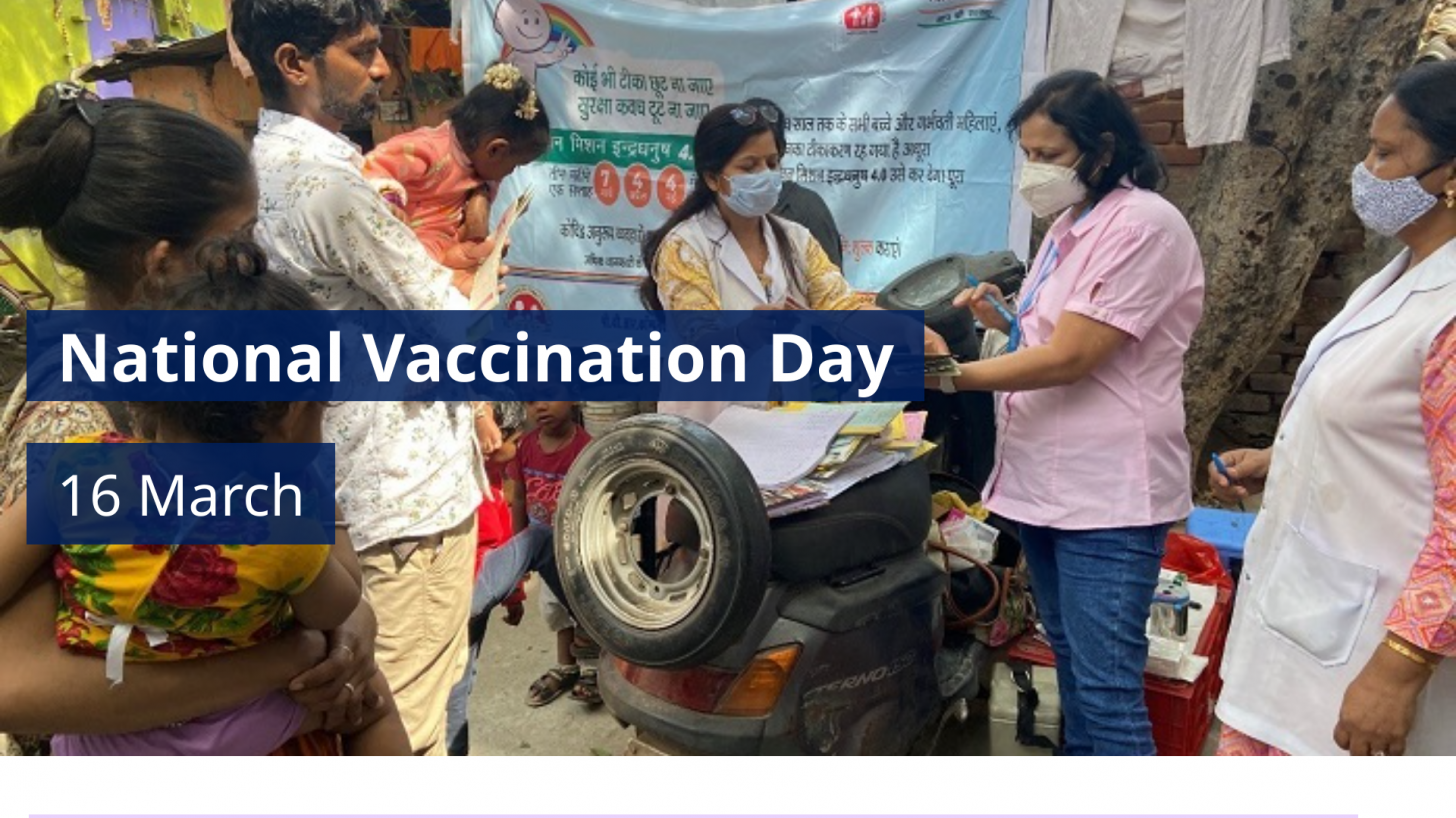
National Immunization Days (NIDs) are essential to eradicating diseases worldwide. Celebrated annually on March 16th, the goal of NIDs is to identify children who are either not fully immunized or only partially protected and to enhance immunity in those who have already been immunized.
According to the World Health Organization (WHO), vaccination is an effective and safe way of preventing harmful diseases. A vaccine uses the body's natural defenses to build a resistance wall to specific infections and make the vaccinated individual's immune system stronger.
For over 100 years, vaccination has played a crucial role in maintaining public health. Effective results have been seen for decades against diseases like measles, chicken pox, tetanus, rubella, and polio.
The overarching message in 2024 is "Vaccines Work for All."
According to the WHO, this theme underscores the crucial role that safe and effective vaccination plays in safeguarding the health of individuals and communities alike.
The Global Polio Eradication Initiative (GPEI) says National Immunization Days (NID) are conducted in two rounds, one month apart, in India.
The Government of India has observed the day since 1995 to recognize the efforts of frontline healthcare workers.
Because oral polio vaccine does not require a needle and syringe, volunteers with minimal training can serve as vaccinators, increasing the number of vaccinators well beyond the existing trained health staff.
In some countries, three to five years of NIDs are usually required to eradicate polio, especially in those where routine immunization coverage is low, says the GPEI.
NIDs are generally conducted during the cool, dry season because logistics are simplified, immunological response to oral polio vaccine is improved, and the potential damage to the heat-sensitive vaccine is reduced.
Increasingly, neighboring countries are coordinating or "synchronizing" their National Immunization Days.
This ensures that children crossing borders for any reason are identified and immunized. It also allows health teams to cross borders and vaccinate children in pockets of territory otherwise isolated by rivers or mountains or on islands that may be less accessible from the other side.
This approach has been adopted in the United States, with targeted days encouraging people to speak with healthcare providers about the immunization enhancement options.
Our Trust Standards: Medical Advisory Committee


